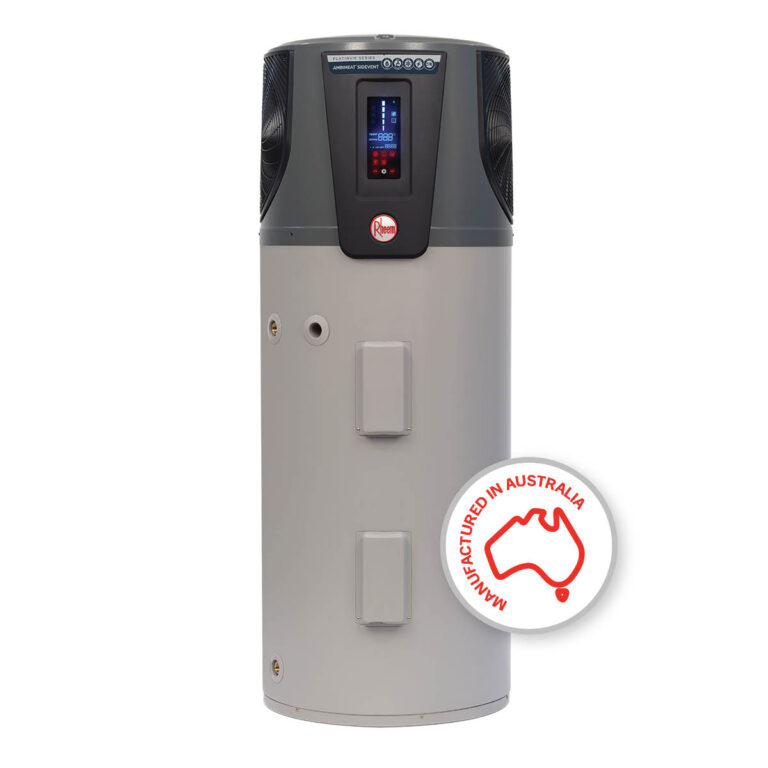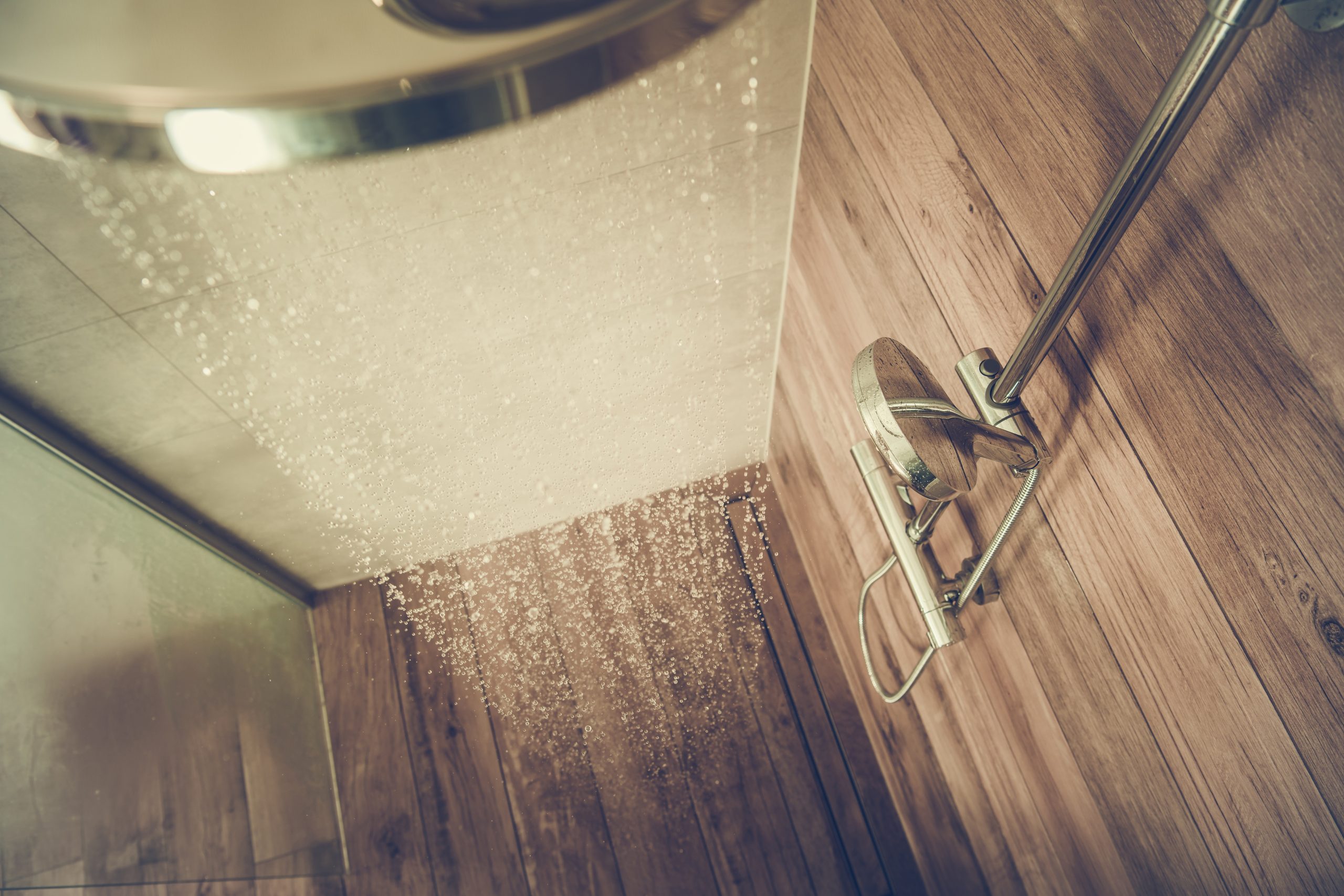What is the difference between an Electric Hot Water System and a Heat Pump System?
Are you confused about the difference between an electric hot water system and a heat pump system? You’re not alone. Many homeowners often struggle to understand the distinctions between these two popular options for heating water in their homes. In this article, we will break down the key differences between electric hot water systems and heat pump systems, helping you make an informed decision for your home.
How Electric Hot Water Systems Work
Electric hot water systems work by using electrical elements to heat the water, similar to a large kettle. When you turn on the hot water tap, cold water from the main supply enters the tank. Inside the tank, electric heating elements heat the water to the desired temperature. As the water heats up, it rises to the top of the tank and is ready to be used. The heated water is then supplied to the various outlets in your home, such as showers, faucets, and appliances.
Electric hot water systems are relatively simple. They are easy to install and require minimal maintenance. However, they can be costly to operate, especially with high electricity rates. Electric hot water systems continuously use electricity to keep the water in the tank hot, even when you’re not using hot water. This constant energy consumption can significantly impact your energy bills.
Pros and Cons of Electric Hot Water Systems
Electric hot water systems have several advantages. First and foremost, they are affordable upfront. The initial cost of purchasing and installing an electric hot water system is generally lower compared to other types of hot water systems. Additionally, electric hot water systems are compact and can be easily installed in small spaces, making them suitable for apartments or homes with limited space.
However, there are also drawbacks to electric hot water systems. As mentioned earlier, they can be costly to operate. The constant energy consumption can quickly add up, resulting in higher energy bills. Additionally, electric hot water systems can take longer to heat water compared to other systems, which can be inconvenient if you frequently need hot water.
How Heat Pump Systems Work

Heat pump systems, on the other hand, work by extracting heat from the surrounding air and using it to heat the water. They operate on the same principle as air conditioners but in reverse. When you turn on the hot water tap, the heat pump system draws in air from the surroundings. This air passes through an evaporator coil, where a refrigerant absorbs the heat from the air. The heated refrigerant then passes through a compressor, which increases its temperature even further. Finally, the hot refrigerant transfers its heat to the water in the tank, heating it up before it is supplied to your home.
Heat pump systems are highly energy-efficient since they do not generate heat directly. Instead, they extract heat from the air, making them an environmentally friendly option. They can significantly reduce your energy consumption and lower your energy bills in the long run.
Pros and Cons of Heat Pump Systems
Heat pump systems offer numerous advantages. Firstly, they are extremely energy-efficient. By extracting heat from the surrounding air, heat pump systems can achieve high energy efficiency ratings, resulting in significant savings on your energy bills. Additionally, heat pump systems can heat water quickly and provide a constant hot water supply, making them suitable for households with high hot water demand.
However, there are a few limitations to consider. Heat pump systems require a suitable external location, such as a backyard or rooftop, to maximise their efficiency. They rely on the ambient air temperature, so colder climates may affect their performance. Additionally, heat pump systems tend to have a higher upfront cost compared to electric hot water systems. However, the long-term energy savings can offset this initial investment.
Which is More Energy Efficient Electric or Heat Pump Hot Water Systems?

When it comes to energy efficiency, heat pump systems are the clear winner. Electric hot water systems continuously use electricity to keep the water in the tank hot, resulting in higher energy consumption. In contrast, heat pump systems extract heat from the air, making them significantly more energy-efficient. According to studies, heat pump systems can reduce energy consumption by up to 60% compared to electric hot water systems. This energy efficiency translates into substantial savings on your energy bills over time.
Which System Costs More?
While electric hot water systems may be more affordable upfront, heat pump systems offer long-term savings. The initial cost of purchasing and installing an electric hot water system is generally lower compared to heat pump systems. However, the higher energy consumption of electric hot water systems can quickly add up, resulting in higher energy bills. In contrast, heat pump systems may have a higher upfront cost, but their energy efficiency can lead to substantial savings on your energy bills over the system’s lifespan. It’s essential to consider both the upfront cost and the long-term savings when comparing these options.
Which Hot Water System to buy, Electric or Heat Pump?
When deciding between an electric hot water system and a heat pump system, several factors should be taken into account. Firstly, consider your budget. If you have a limited budget and prefer a lower upfront cost, an electric hot water system may be the better option for you. However, if you can afford a higher upfront investment and prioritise long-term energy savings, a heat pump system is worth considering.
Secondly, consider your energy efficiency requirements. If you want to minimise your energy consumption and reduce your environmental impact, a heat pump system is the more energy-efficient choice. On the other hand, if energy efficiency is not a primary concern, an electric hot water system may suffice.
Maintenance and Troubleshooting Tips for Both Types of Systems
Regardless of whether you choose an electric hot water system or a heat pump system, regular maintenance is essential to ensure optimal performance and longevity. For electric hot water systems, it’s important to periodically check the heating elements and replace them if necessary. Additionally, flushing the tank to remove sediment buildup can help maintain efficiency.
For heat pump systems, regular maintenance includes cleaning the evaporator and condenser coils to ensure efficient heat transfer. Checking the refrigerant levels and inspecting the compressor for any signs of damage or wear is also important. It’s recommended to have a professional service your heat pump system annually to ensure it operates at peak performance.
Conclusion: Which System is Right for You?
In conclusion, the choice between an electric hot water system and a heat pump system depends on several factors, including your budget, energy efficiency requirements, and environmental considerations. Electric hot water systems are affordable upfront but can be costly to operate. On the other hand, heat pump systems are highly energy-efficient and can save you money on your energy bills in the long run. By considering these factors and understanding the differences between these two systems, you can make an informed decision that suits your needs and preferences.




